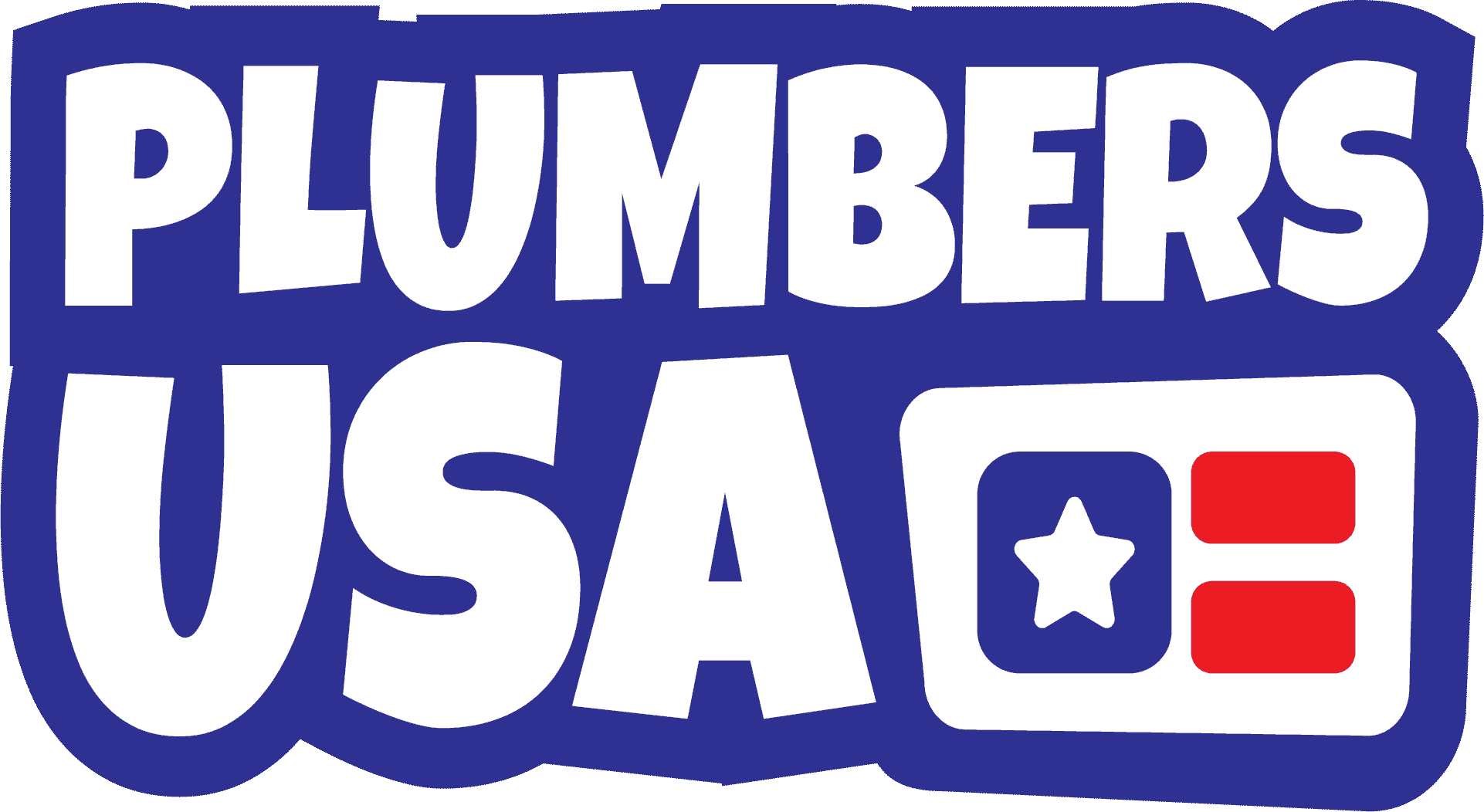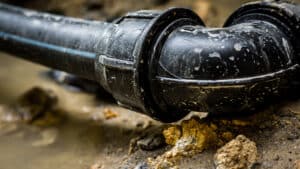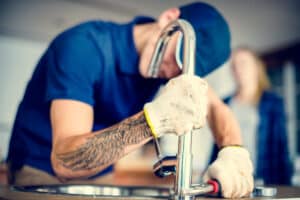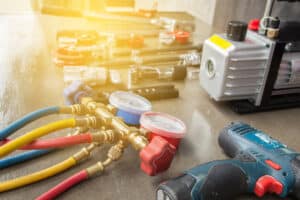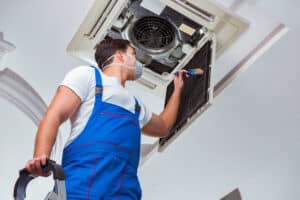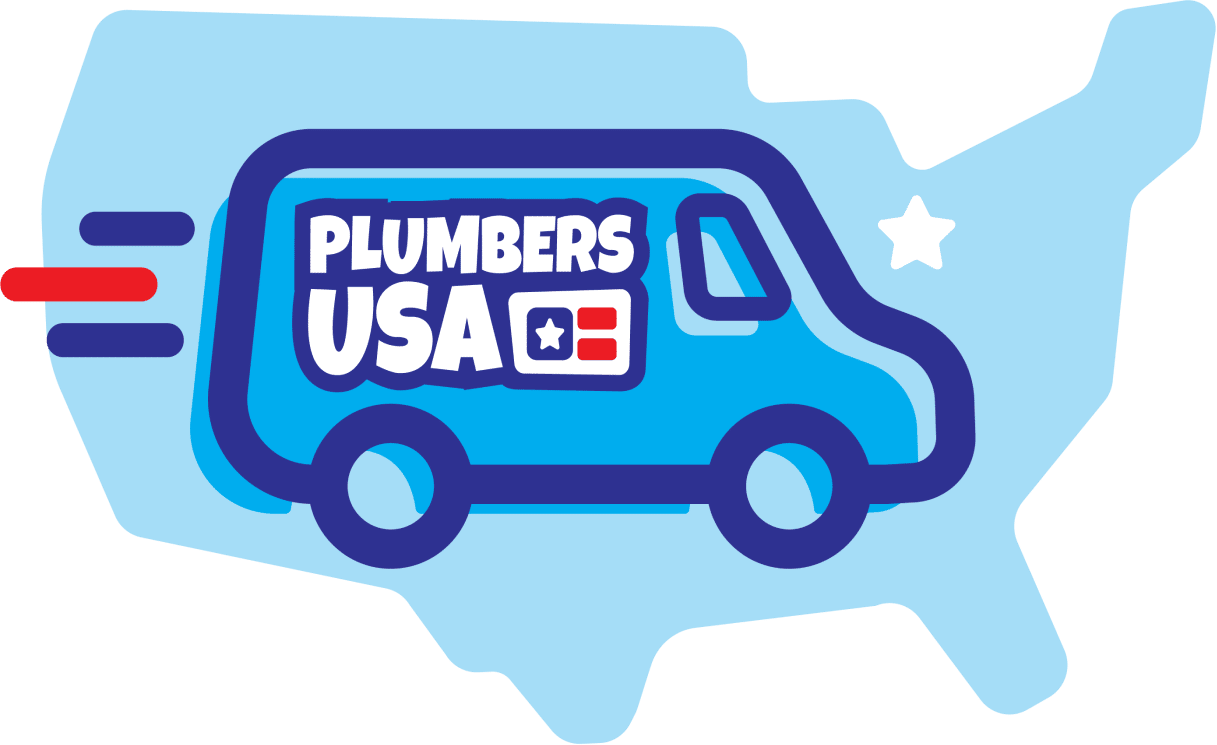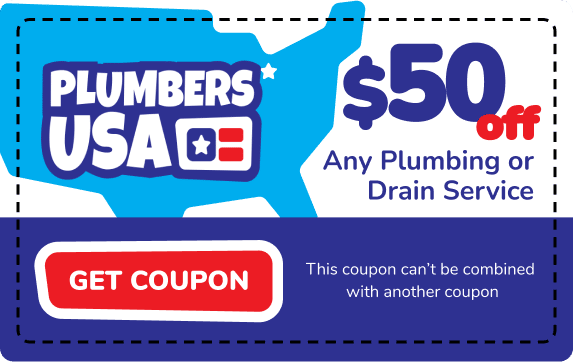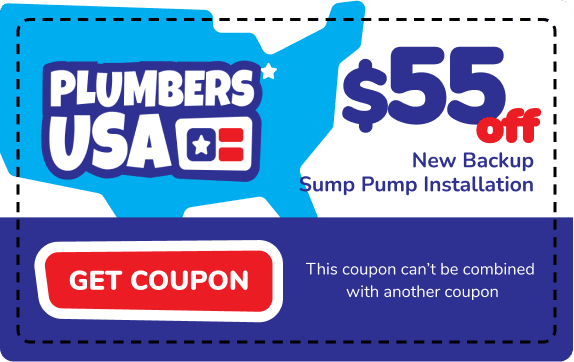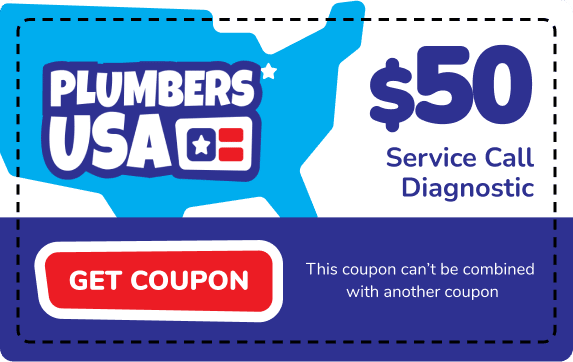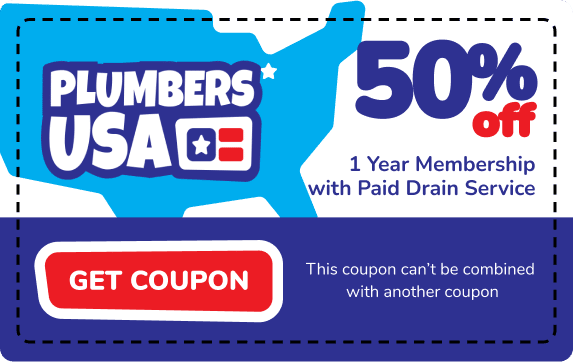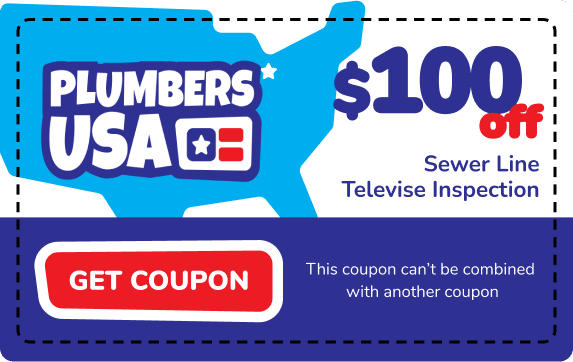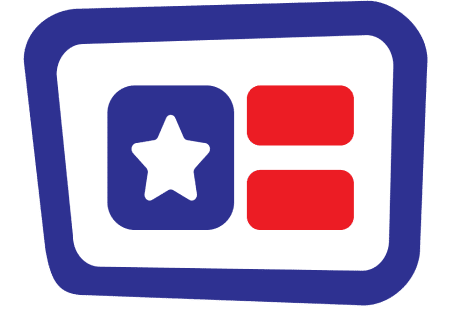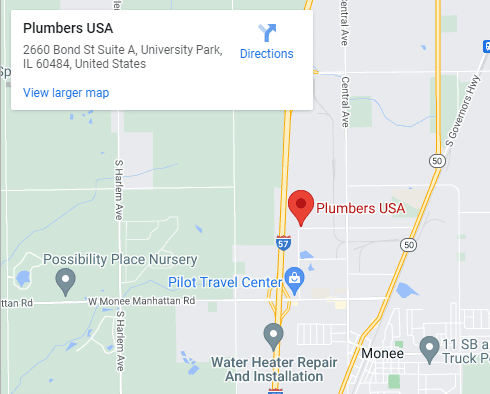Plumbing emergencies can happen at any time and can be a nightmare for homeowners and businesses. Burst pipes, flooded basements, and clogged drains can cause significant damage and cost a fortune to fix. However, many plumbing emergencies can be prevented with regular maintenance. Taking proactive steps to maintain your plumbing system can help avoid costly emergencies down the line. In this article, we will explore the importance of regular plumbing maintenance, the benefits it offers, and some simple steps you can take to keep your plumbing system running smoothly.
Understanding Regular Plumbing Maintenance
Regular plumbing maintenance involves inspecting and cleaning your plumbing system to ensure that it is functioning correctly. This can include checking for leaks, cleaning pipes, and replacing old fixtures. Plumbing maintenance should be done on a regular basis to prevent problems from occurring. It is essential to have a professional plumber take care of your plumbing system to ensure that everything is in good working order.
When it comes to regular plumbing maintenance, prevention is key. Regular maintenance can help prevent plumbing emergencies from occurring. By identifying and fixing problems early on, you can save yourself from costly repairs down the line. Regular maintenance can also extend the life of your plumbing system, saving you money in the long run.
Benefits of Regular Plumbing Maintenance
There are several benefits to regular plumbing maintenance. First, it can help prevent costly plumbing emergencies from occurring. By identifying and fixing problems early on, you can avoid costly repairs down the line. Regular maintenance can also help extend the life of your plumbing system, saving you money in the long run.
Second, regular maintenance can improve the efficiency of your plumbing system. By cleaning pipes and fixtures, you can improve water flow and reduce the risk of clogs. This can also lead to lower water bills, as a more efficient plumbing system uses less water.
Finally, regular maintenance can improve the overall health of your plumbing system. By identifying and fixing problems early on, you can prevent mold and other harmful bacteria from growing in your pipes. This can lead to improved health and safety for you and your family.
Common Plumbing Issues That Can Be Prevented With Regular Maintenance
There are several common plumbing issues that can be prevented with regular maintenance. One of the most common issues is leaks. Leaks can occur for a variety of reasons, including worn out pipes, clogs, and faulty fixtures. Regular maintenance can help identify and fix leaks before they cause significant damage.
Another common issue that can be prevented with regular maintenance is clogged drains. Over time, drains can become clogged with hair, food particles, and other debris. Regular maintenance can help prevent clogs from occurring by cleaning pipes and removing debris.
Finally, regular maintenance can help prevent water damage. Water damage can occur when pipes burst or leak, causing significant damage to your home or business. Regular maintenance can help identify and fix problems before they cause significant damage.
Signs That Indicate Your Plumbing Needs Maintenance
There are several signs that indicate your plumbing system needs maintenance. One of the most common signs is slow drains. If your drains are slow, it could be a sign that your pipes are clogged and need to be cleaned.
Another sign that your plumbing system needs maintenance is low water pressure. If your water pressure is low, it could be a sign that your pipes are clogged or that there is a leak in your plumbing system.
Finally, if you notice any leaks or water damage, it is essential to have your plumbing system inspected immediately. Ignoring leaks or water damage can lead to significant problems down the line.
DIY Plumbing Maintenance Tips
While it is essential to have a professional plumber take care of your plumbing system, there are several DIY plumbing maintenance tips that you can follow to keep your system in good working order. These include:
- Cleaning your drains regularly to prevent clogs
- Checking for leaks and fixing them immediately
- Inspecting your pipes for signs of wear and tear
- Replacing old fixtures with new, more efficient ones
- Using drain covers to prevent debris from entering your pipes
By following these tips, you can help keep your plumbing system running smoothly and prevent costly emergencies from occurring.
When to Call a Professional Plumber for Maintenance
While there are several DIY plumbing maintenance tips that you can follow, it is essential to know when to call a professional plumber for maintenance. If you notice any of the following signs, it is time to call a professional:
- Persistent clogs that cannot be removed with a plunger
- Low water pressure throughout your home or business
- Leaks that cannot be fixed with a simple repair
- Water damage or mold growth
A professional plumber will be able to identify and fix these problems quickly and efficiently, preventing costly emergencies from occurring.
Importance of Regular Maintenance in Preventing Costly Plumbing Emergencies
Regular plumbing maintenance is essential in preventing costly plumbing emergencies from occurring. By identifying and fixing problems early on, you can avoid costly repairs down the line. Regular maintenance can also extend the life of your plumbing system, saving you money in the long run.
Prevention is key when it comes to plumbing emergencies. By taking proactive steps to maintain your plumbing system, you can prevent problems from occurring and ensure that your plumbing system is in good working order.
How to Schedule Regular Plumbing Maintenance
Scheduling regular plumbing maintenance is easy. Simply contact a professional plumber and schedule an appointment. A professional plumber will be able to inspect and clean your plumbing system, identifying and fixing problems before they cause significant damage.
It is recommended to schedule plumbing maintenance at least once a year, although more frequent maintenance may be necessary for older plumbing systems or systems that are used heavily.
Plumbing Maintenance Checklist
To ensure that your plumbing system is in good working order, here is a plumbing maintenance checklist that you can follow:
- Check for leaks and fix them immediately
- Clean your drains regularly to prevent clogs
- Inspect your pipes for signs of wear and tear
- Replace old fixtures with new, more efficient ones
- Use drain covers to prevent debris from entering your pipes
- Schedule regular plumbing maintenance with a professional plumber
By following this checklist, you can help keep your plumbing system running smoothly and prevent costly emergencies from occurring.
Conclusion
In conclusion, regular plumbing maintenance is essential in preventing costly plumbing emergencies from occurring. By identifying and fixing problems early on, you can avoid costly repairs down the line. Regular maintenance can also extend the life of your plumbing system, saving you money in the long run. By following the DIY plumbing maintenance tips, knowing when to call a professional plumber, and scheduling regular plumbing maintenance, you can help keep your plumbing system in top shape and avoid costly emergencies.

